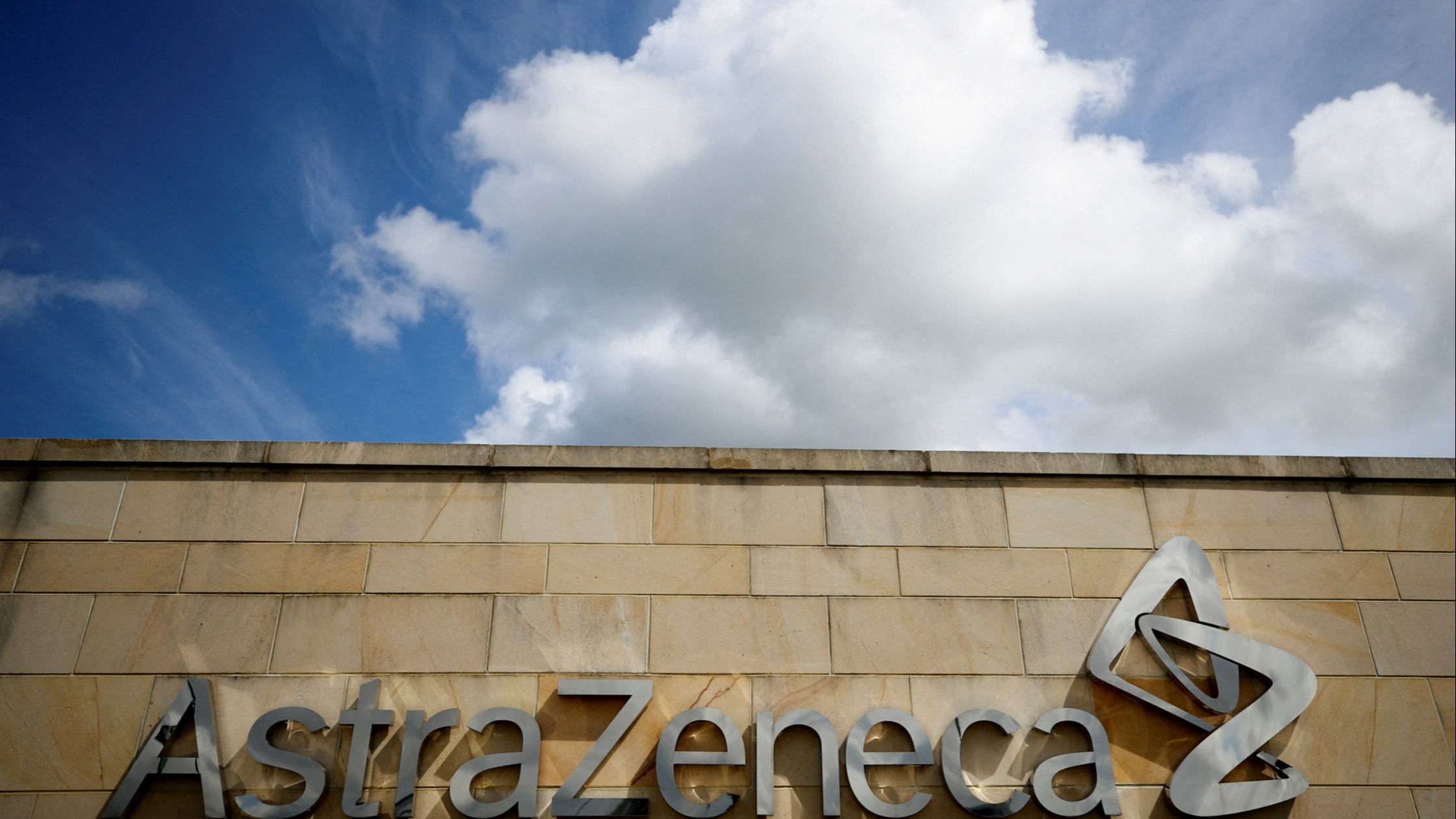AstraZeneca signs vaccine deal with China’s CanSino
Receive free AstraZeneca PLC updates
We’ll send you a myFT Daily Digest email rounding up the latest AstraZeneca PLC news every morning.
AstraZeneca has signed a deal with Chinese pharmaceutical company CanSino Biologics to develop potential messenger RNA vaccines, as the Anglo Swedish company expands its work to include the technology first proven in the Covid-19 pandemic.
Shares in CanSino rose more than 25 per cent on Wednesday after the company announced the agreement to provide manufacturing services for the drugmaker. The companies did not disclose the value of the deal.
The agreement is a sign that AstraZeneca is investing in the mRNA technology that was used successfully for the first time in the Covid-19 jabs developed by BioNTech and Pfizer, and Moderna. CanSino has reported positive early results for its mRNA jab.
AstraZeneca said it was working on “next generation technologies” to develop vaccines and monoclonal antibodies for infectious diseases where there was “high unmet need”.
“We will share further details as proof-of-concept is achieved and the candidates progress,” it said.
Despite developing a Covid-19 vaccine with the University of Oxford that sold billions of doses, AstraZeneca only has a small division focused on vaccines and antibodies for infectious diseases. It sells a nasal spray vaccine for flu and, with French drugmaker Sanofi, a medicine that prevents respiratory syncytial virus in infants.
AstraZeneca is the largest foreign pharmaceutical company in China and has invested heavily in its presence in the country. Pascal Soriot, AstraZeneca’s chief executive, toured China earlier this year and returned excited about the potential for investing in Chinese biotech, including through acquisitions and partnerships.
The company plans to spin off its Chinese division and list it separately in Hong Kong, which it would use as a strategy to manage geopolitical tensions if necessary. The Financial Times reported in June that the drugmaker had been discussing the idea with bankers for several months.
AstraZeneca said at the time it did “not comment on rumours or speculations around future strategy or M&A”.
While China did not allow the widespread distribution of foreign Covid-19 vaccines in the country, the government appears to be open to partnering with pharmaceutical multinationals on other products. Last month, the Boston-based biotech Moderna signed a deal to make mRNA drugs for use in China, researching and developing medicines that would not be exported.
The pharmaceutical industry is eager to expand in China because of its ageing population, which suffers from higher rates of chronic diseases exacerbated by pollution, smoking and an increasingly western diet. The Chinese government has also been making it easier for companies to access the market by speeding up approvals for innovative drugs.
CanSino said the agreement was “an important symbol of the company’s capabilities being recognised by international pharmaceutical companies” and “affirms CanSino Biologics’ research strength and competitive advantages in the field of mRNA technology platform”.
Shares in AstraZeneca, which is the largest listed company in the UK, rose 0.65 per cent to 11,102p in early morning trading in London.
No Byline Policy
Editorial Guidelines
Corrections Policy
Source
